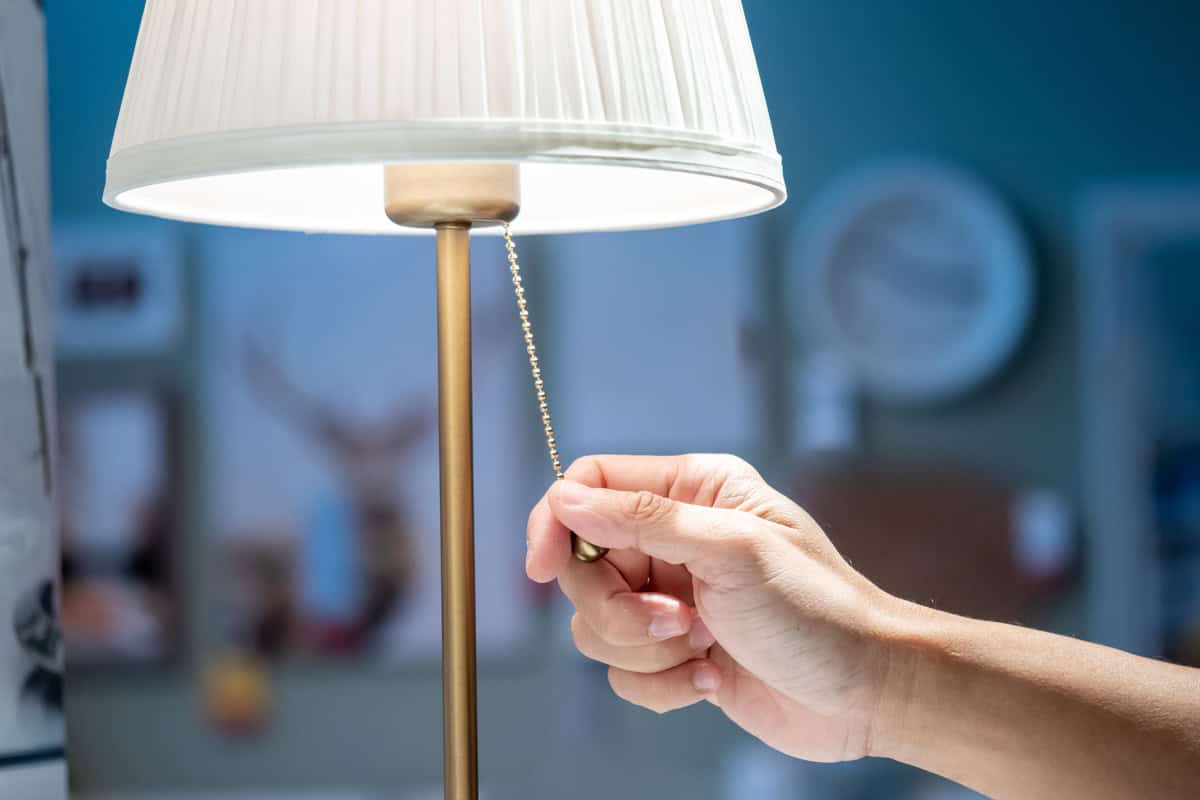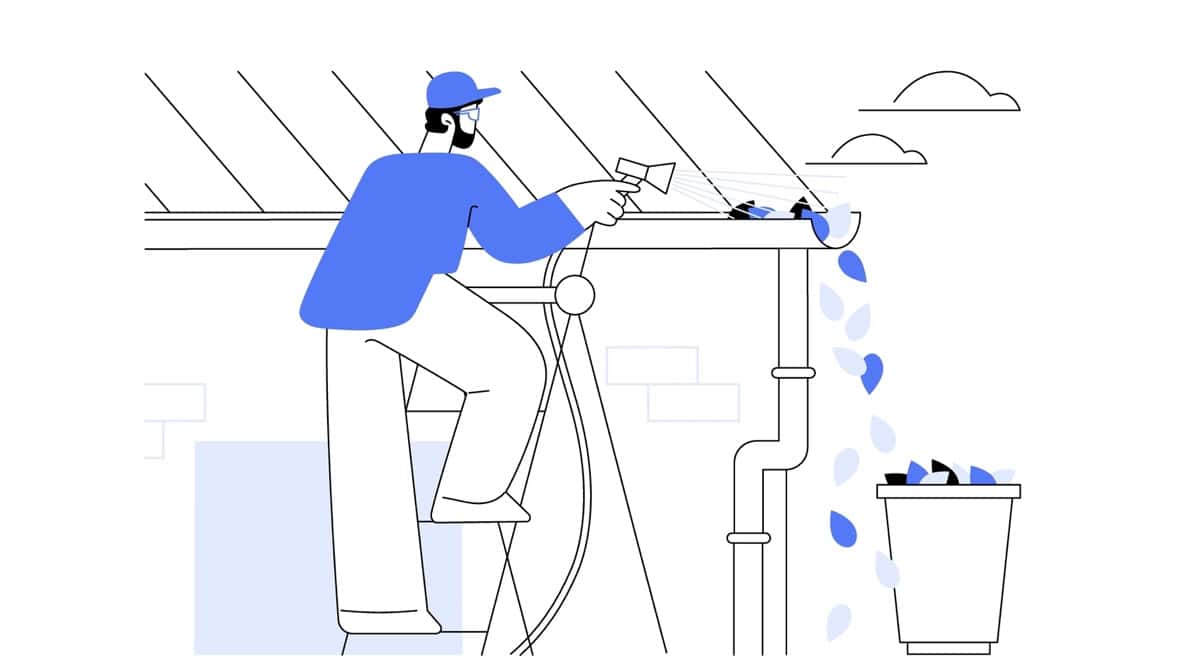While the air quality outside our homes is generally good, did you know the air inside your home could be filled with microorganisms?

UV-C lights, or ultraviolet-C lights, are designed to improve indoor air quality and maintain your heating, ventilation and air conditioning (HVAC) system efficiency by harnessing the power of ultraviolet light to eliminate microorganisms. Although this technology offers several benefits, it also comes with potential downsides. Here’s a comprehensive look at both sides to help you make an informed decision for your home.
Benefits Of Installing UV-C Lights
1. Improved Indoor Air Quality
– Eliminates Microorganisms: UV-C lights can kill bacteria, viruses, and mold spores that may be circulating through your HVAC system. In a humid environment like South Florida, where mold growth is a common issue, this can significantly improve the air quality inside your home.
– Reduces Allergens: By reducing the presence of these microorganisms, UV-C lights can help reduce allergy symptoms and respiratory issues among residents, particularly those with pre-existing conditions.
2. Enhanced HVAC System Efficiency
– Prevents Mold and Mildew: Mold and mildew can grow on the cooling coils and other components of an HVAC system. UV-C lights can help prevent this growth, which in turn keeps your system running efficiently and reduces the likelihood of costly repairs.
– Improves Airflow: Clean components and ducts mean better airflow and, consequently, a more efficient HVAC system. This can lead to energy savings and lower utility bills.
3. Extended Equipment Lifespan
– Reduces Wear and Tear: By keeping the internal components of your HVAC system free from mold and microbial buildup, UV-C lights can help extend the lifespan of your equipment, minimizing the need for replacements and repairs.
Downsides of Installing UV-C Lights
1. Initial Cost and Maintenance
– High Upfront Cost: The installation of UV-C lights can be relatively expensive. This includes both the cost of the unit itself and professional installation fees. Additionally, the UV-C lamps have a limited lifespan and need to be replaced periodically, adding to the overall cost.
– Maintenance Requirements: Although the UV-C light itself requires minimal maintenance, the system needs to be regularly inspected to ensure it is functioning correctly. This might involve additional service visits.
2. Limited Effectiveness
– Not a Cure-All: While UV-C lights can reduce microorganisms, they are not a complete solution for all indoor air quality issues. They are most effective when used as part of a comprehensive air quality management system that includes regular cleaning and ventilation.
– Variable Performance: The effectiveness of UV-C lights can vary based on factors such as the intensity of the UV-C light, the placement of the light within the HVAC system, and the type and concentration of microorganisms present.
3. Safety Concerns
– UV Exposure Risks: UV-C light can be harmful if not properly contained. Although the lights are designed to be used safely within the HVAC system, improper installation or malfunction could pose a risk to the occupants, especially if there is any exposure to the light directly.
4. Potential for Energy Consumption
– Increased Power Use: While generally minimal, the addition of UV-C lights can increase the overall power consumption of your HVAC system. The additional energy used may contribute to higher electricity bills, which should be considered alongside potential savings from increased system efficiency.
Our Final Thoughts
Installing a UV-C light in your South Florida home’s HVAC system can offer significant benefits, particularly in terms of improving indoor air quality and enhancing system efficiency. However, the decision should be weighed carefully against the initial costs, potential maintenance requirements, and limitations of the technology. For many homeowners, integrating UV-C lights as part of a broader approach to air quality management can be a worthwhile investment. Consulting with HVAC professionals to assess your specific needs and conditions can help ensure that you make the best choice for your Fort Lauderdale luxury home.





